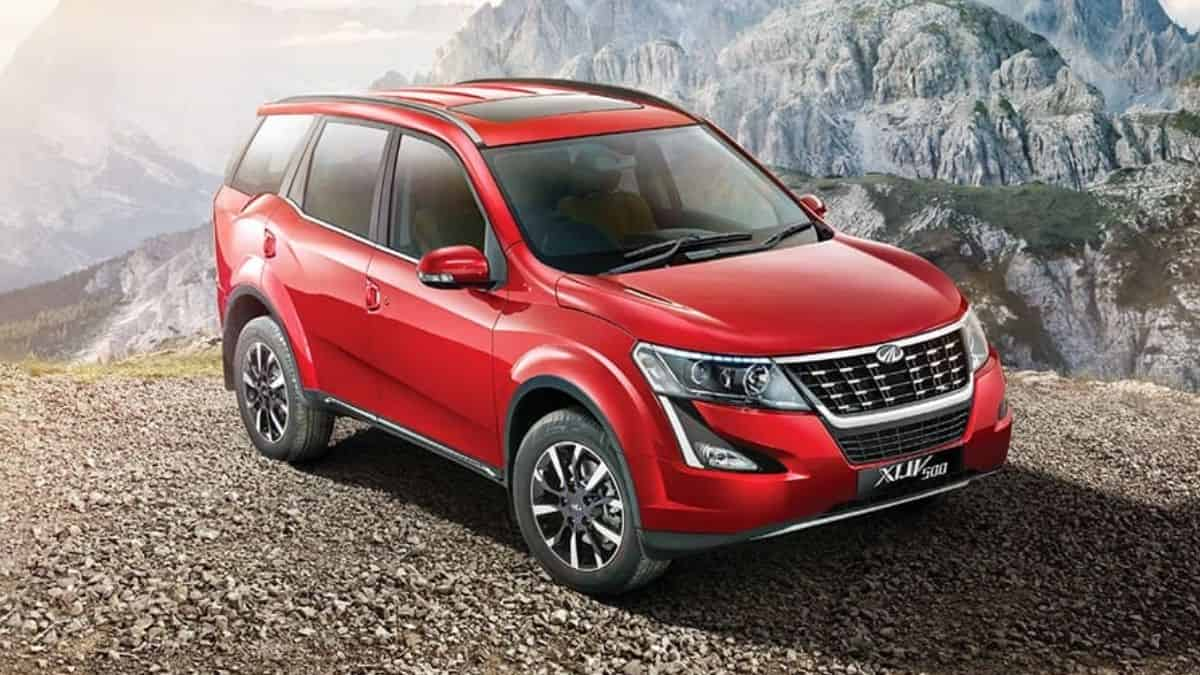Global NCAP gives the Mahindra XUV700 a 5-star safety certification
Mahindra's safest vehicle is another another feather in the cap for the 'Safer Cars For India' project.

The XUV700, Mahindra’s popular SUV, has now acquired a 5-star safety certification from Global NCAP. The XUV700 received five stars in adult occupant safety and four stars in child occupant safety when tested in its most basic configuration, which had two airbags, ABS, and ISOFIX seat anchorages.
The car’s safety credentials might be improved with the addition of side head curtain airbags, ESC, and three-point belts in all seating positions, according to Global NCAP, an independent, non-profit organisation based in the United Kingdom (the XUV features seating for 7).
According to Alejandro Furas, Secretary General of Global NCAP, Mahindra is the first Indian company to provide a vehicle with Autonomous Emergency Braking (AEB) as a safety option, a function that, in his opinion, helps to prevent accidents.
Global NCAP has evaluated 46 vehicles as part of its #SaferCarsforIndia project, which began in 2014. It has seen a gradual rise in automotive safety ratings over the years, particularly from brands like Mahindra and Tata Motors, both of which have many models with higher-than-average safety ratings in their portfolios. The Mahindra Thar, which was launched in 2020, obtained a four-star rating in both adult and child occupant safety prior to the testing of the XUV700, while the XUV300, which was launched before it, received five stars in adult occupant safety and four stars in child occupant safety.
According to a 2018 test, the Mahindra Marazzo received four stars for adult occupant safety and two stars for child occupant safety.
Other brands, such as Renault, recognised their poor safety record in the Global NCAP test and have steadily improved their safety ratings, as seen by the Renault Duster’s 3-star adult occupant rating and the Renault Triber’s four-star adult occupant safety rating (3 for child occupant safety). Adult and child occupant safety ratings for automobiles like the Renault Kwid (and the now-discontinued Renault Lodgy) used to range from 0 to 1 star.
Maruti Suzuki is one manufacturer that has continuously performed poorly over the years, scoring 0 stars in both adult and child occupant safety as recently as November 1, albeit in the Latin NCAP crash test, which has more strict safety criteria. Even with the Global NCAP, the brand’s models, such as the SPresso (0), WagonR (2), Swift (2), Celerio (0), and Eeco (0), performed poorly, with the Vitara Brezza being the lone exception, scoring four stars in adult occupant safety. Other multinational companies, such as Hyundai Motors, have also struggled, with best-sellers such as the Grand i10 Nios (2 stars) and Santro (2 stars) performing poorly.
Even the Seltos, Kia’s popular midsize SUV, received only three stars for adult occupant safety and two stars for child occupant safety. Given that the test uses all base variations of cars, the average collision safety level appears to have improved after the government imposed dual airbags (driver and front passenger) for all vehicles. In a recent interview with Moneycontrol, Tata Motors’ President of Passenger Vehicle Business Shailesh Chandra claimed that one of the key reasons customers choose Tata automobiles is because of their safety rating.
This, together with Maruti Suzuki’s falling sales, points to a shift in consumer preferences that prioritise passenger safety as much as, if not more than, comfort, utility, and fuel efficiency.
Despite the fact that the requirement has yet to be enforced by legislation, automakers are now including dual airbags and anti-lock brakes as standard safety features. The Mahindra XUV700 now joins the Tata Punch as the safest cars built in India by an Indian manufacturer, as well as the safest cars assessed by Global NCAP for India, which focuses on entry-level to budget automobiles in India in order to improve road safety.
To achieve similar outcomes, global NCAP testing regulations are slated to become more demanding next year, requiring base versions of automobiles to include Electronic Stability Control as standard.

